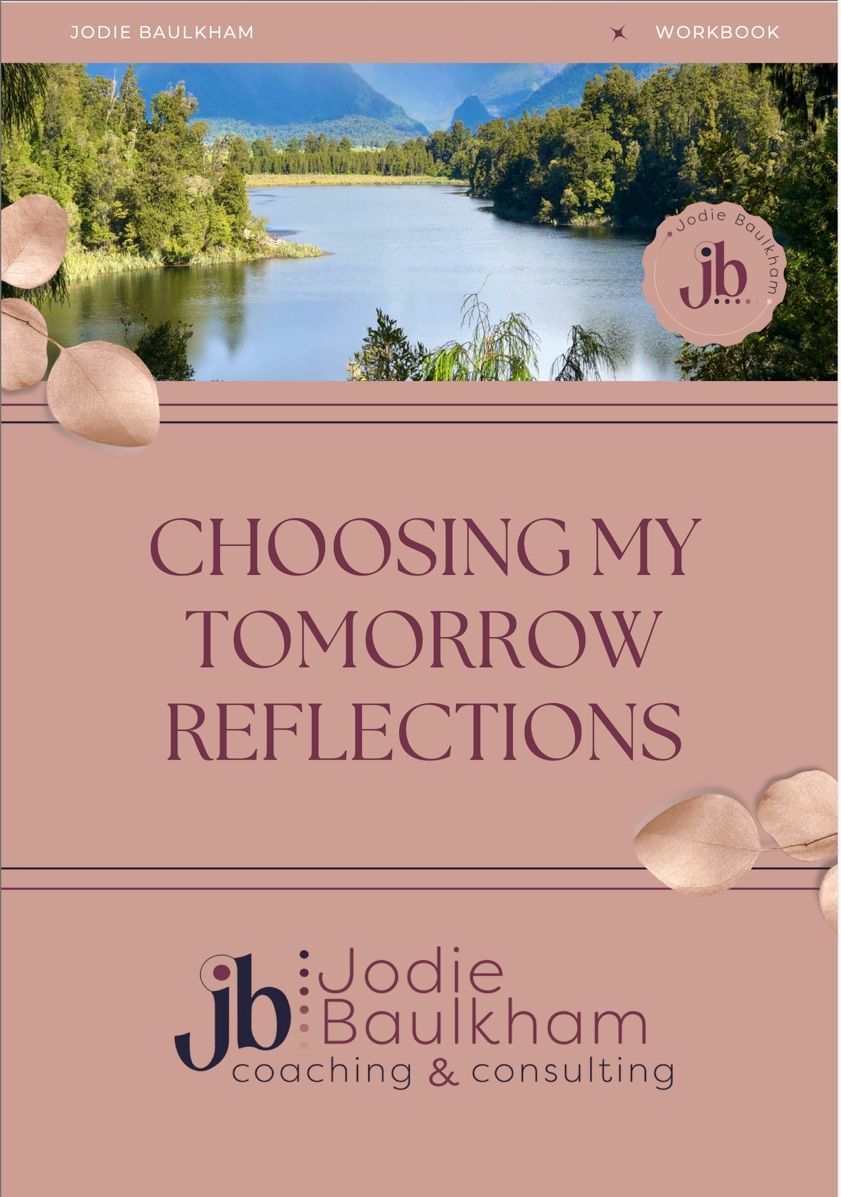Lesson Learned: Ask Questions that Support Communication
I learned how to ask questions that support communication and dialogue rather than provoke confrontation.

Learning how to ask questions that support communication and dialogue rather than provoke confrontation is a transformative skill that can greatly improve relationships and foster understanding. When faced with a disagreement or a potentially confrontational situation, asking open-ended and non-judgmental questions from a place of caring and genuine curiosity can create a safe and inviting space for open discussion. By adopting this approach, we encourage the other person to share their thoughts and perspectives, fostering a climate of understanding and empathy.
By asking open-ended questions and giving space for them to answer, we invite the other person to express their feelings and thoughts more fully and thoughtfully. Instead of framing questions in a way that suggests a particular answer or implies judgment or that can be answered with a simple "yes" or "no," open-ended questions allow individuals to explore their own perspectives, thoughts, and emotions, and share their experiences. This approach helps uncover underlying motivations, fears, or concerns that may not be initially apparent and promotes active listening and demonstrates a genuine interest in understanding the other person's point of view, creating an environment where both parties feel heard and respected.
Examples of Open Ended Questions:
- Can you tell me more about that?
- How do you feel about this situation?
- What are your thoughts on [topic]?
- What has been your experience with [subject]?
- How would you describe your perspective on [issue]?
- In what ways do you think we could approach this differently?
- What do you think might be the underlying causes of [problem]?
- Could you share an example that illustrates your point?
- What are some potential solutions that come to mind?
- How has [event] affected your feelings or thoughts?
- What would you like to achieve in [area of interest]?
- Can you describe your goals and aspirations regarding [topic]?
- What are your hopes for the future in terms of [subject]?

Non-judgmental questioning promotes a sense of safety and trust within conversations. It also helps to minimize defensiveness and encourage a more collaborative approach to problem-solving. When questions are asked with a judgmental or confrontational tone, they can easily put the other person on the defensive, hindering productive communication. On the other hand, by using non-judgmental language and genuinely seeking to understand, we create an atmosphere of trust and openness. This encourages the other person to engage in the conversation without feeling attacked or criticized, paving the way for more effective problem-solving and resolution. By encouraging others to share their perspectives openly, we create an environment that values diverse viewpoints and promotes active listening, which in turn builds stronger connections and fosters empathy.
Asking questions that support communication and dialogue allows for a deeper exploration of underlying emotions and concerns. Often, confrontations arise from underlying issues or unmet needs that have not been adequately addressed. By using questions that promote reflection and introspection, we encourage the other person to delve deeper into their own emotions and motivations. This can lead to a greater understanding of the root causes of the conflict and open up avenues for finding mutually beneficial solutions.
Adopting this skill enhances interpersonal relationships and enables us to navigate difficult conversations with greater tact and effectiveness that lead to healthier and more meaningful relationships.
Consider These Questions:
- How do my questions tend to provoke confrontation or invite communication and dialogue? What impact does this have on my relationships?
- Can I recall specific instances where asking open-ended and non-judgmental questions led to a more productive and understanding conversation? How did this approach contribute to creating a safe and inviting space for dialogue?
- What are some common barriers or challenges I face when attempting to ask open-ended questions? How can I overcome these challenges to foster better communication?
- Reflecting on past experiences, how have confrontational or judgmental questioning hindered productive communication and problem-solving? How did defensiveness impact the outcome of those interactions?
- What role does empathy play in asking questions that support communication and dialogue? How can I cultivate empathy in my questioning approach?
- How can I integrate communication and dialogue-promoting skills into my daily interactions and relationships? What steps must I take to consistently apply these transformative skills?
- What are three questions I can ask to promote communication with someone I care about?

Want More?
To support you in building greater awareness through reflection, I created the Choosing My Tomorrow Reflections Workbook. Use this to capture your thoughts and ideas. Embrace the opportunity to grow and learn.
For those seeking an even more personalized approach, explore my
coaching programs. These programs are crafted to support you in living authentically and confidently, providing guidance as you navigate the complexities of life.



Take your next step today!
Book Your Free Call Now!
Let Jodie Help You Harness Your Power of Choice and Choose Your Tomorrow!
All Rights Reserved | Jodie Baulkham






